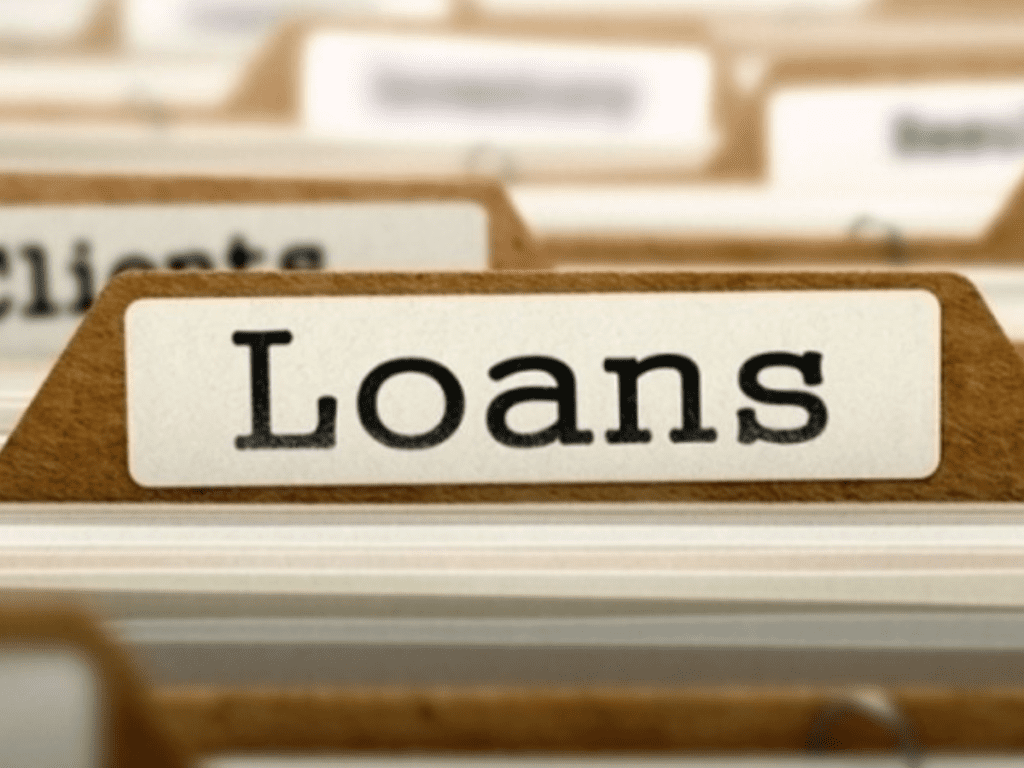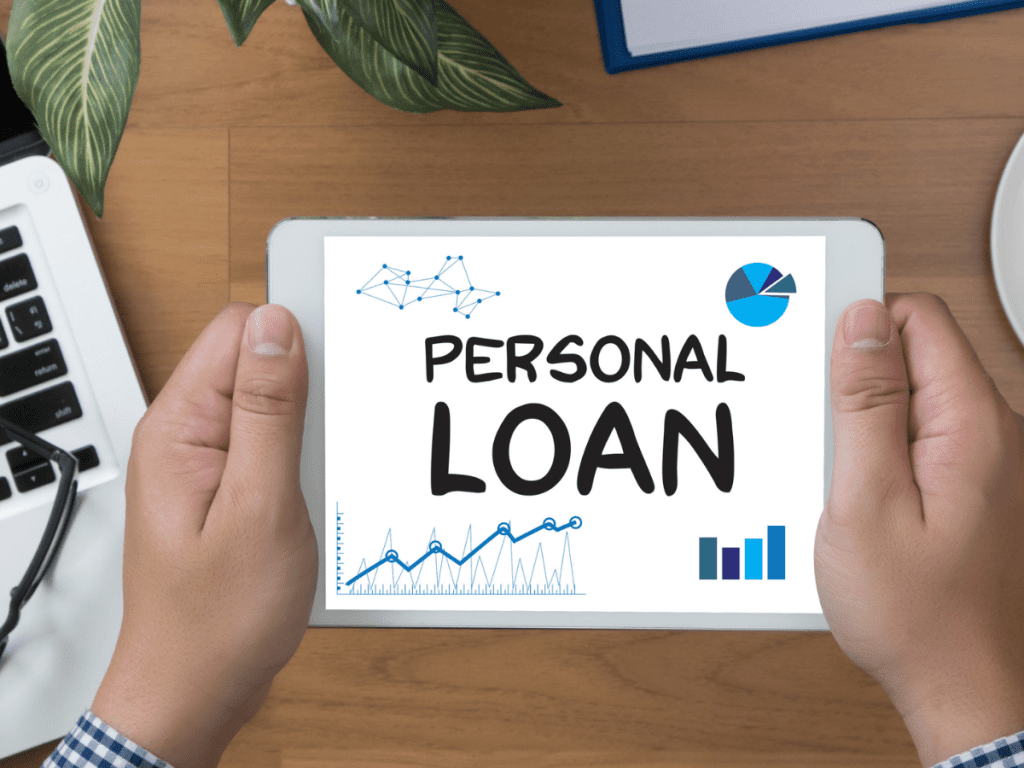Introduction
Buying a home is one of the most significant financial decisions in life. For many people, the dream of owning a home is an important goal, symbolizing stability, security, and success. However, the cost of purchasing a home can be substantial, and for most people, it is impossible to buy one without financing. This is where home loans come into play. But the question remains: is a home loan the right choice for your dream home? The answer is not simple, as it depends on several factors, including your financial situation, long-term goals, and the real estate market. In this article, we will explore the pros and cons of home loans, the different types available, and how to determine if taking out a home loan is the right decision for you.
Understanding Home Loans
A home loan, or mortgage, is a loan specifically designed to help people purchase a home. In most cases, a home loan is secured by the property itself, meaning that if you fail to repay the loan, the lender has the right to take possession of the home through foreclosure. Home loans typically involve paying back the principal amount borrowed along with interest over an agreed-upon period, commonly 15, 20, or 30 years.
Pros of Home Loans
- Enables Home Ownership
The most obvious benefit of a home loan is that it enables you to own a home without needing to pay the full price upfront. This can be a game-changer for many individuals who may not have the capital to buy a property outright. Home loans allow you to pay for your dream home over time, making it more attainable.
- Potential for Property Appreciation
Real estate generally appreciates over time, meaning that the value of the property may increase during the life of your loan. This can result in a substantial return on investment, particularly if the property is in a desirable location and the real estate market experiences growth. If you choose a home loan, you could potentially benefit from the property’s increased value while still making manageable monthly payments.
- Build Equity Over Time
When you make monthly payments on your mortgage, you are not just paying off the lender; you are also building equity in your home. Equity is the difference between the current market value of your home and the outstanding mortgage balance. As you make regular payments, you gradually increase your equity, which can be used as collateral for future loans or accessed via home equity lines of credit if needed.
- Tax Benefits
In many countries, the interest paid on a home loan may be tax-deductible, which can significantly reduce the overall cost of the loan. The tax benefits can make homeownership more affordable and attractive for those looking to reduce their taxable income.
- Long-Term Financial Stability
Owning a home can provide long-term financial stability. As you pay off your mortgage, you move closer to owning the property outright, which can offer financial security once the loan is fully paid off. Furthermore, unlike renting, where monthly payments can increase over time, a fixed-rate mortgage provides predictable payments that do not change, offering financial certainty.
- Personalization and Customization
When you own your home, you have the freedom to personalize and customize it according to your tastes and needs. This is a significant advantage over renting, where you may be limited in the changes you can make. With a home loan, you can invest in home improvements that can increase the value of your property, such as renovations or adding additional living spaces.
Cons of Home Loans
- Debt and Financial Commitment
One of the main drawbacks of a home loan is the long-term financial commitment it represents. Mortgages can span 15, 20, or even 30 years, and during this period, you will be required to make regular monthly payments. For some people, the pressure of managing this debt can be overwhelming, especially if their financial circumstances change unexpectedly.
- High Interest Payments
While home loans allow you to buy a home without paying the full price upfront, they also come with interest payments. Over the life of a loan, the interest you pay can far exceed the original loan amount. For example, on a 30-year mortgage, the total cost of the home could be almost double the original price due to the accumulated interest. This can be a substantial financial burden in the long run.
- Risk of Foreclosure
If you fail to make your mortgage payments, you risk losing your home to foreclosure. Foreclosure is a legal process in which the lender takes possession of the property and sells it to recover the loan balance. This can result in the loss of your home and a significant impact on your credit score, making it harder to secure loans in the future.
- Upfront Costs
While home loans can make homeownership more accessible, they still require a significant amount of upfront costs. This includes the down payment, closing costs, and various fees associated with the loan application process. For some people, these costs can be a major obstacle to homeownership.
- Maintenance and Repairs
Owning a home comes with the responsibility of maintaining it. Unlike renting, where the landlord is typically responsible for repairs and maintenance, homeowners are expected to manage these costs. Over time, home repairs and maintenance can add up, putting additional financial pressure on homeowners.
- Property Depreciation
While real estate generally appreciates over time, it is not guaranteed. In some cases, the value of a property can decline due to market conditions, economic downturns, or changes in the neighborhood. If property values fall significantly, you could end up owing more on the home loan than the house is worth, which is referred to as being “underwater” on your mortgage.
Types of Home Loans
When considering whether a home loan is the right choice for you, it is essential to understand the different types of mortgages available. Each type of loan comes with its own benefits and drawbacks, and the right option depends on your financial situation and long-term goals.
- Fixed-Rate Mortgages
A fixed-rate mortgage is a loan where the interest rate remains the same throughout the life of the loan. This type of mortgage provides stability and predictability, as your monthly payments will not change. Fixed-rate mortgages are ideal for people who plan to stay in their homes for an extended period and want consistent payments.
- Adjustable-Rate Mortgages (ARMs)
An adjustable-rate mortgage has an interest rate that can change over time based on market conditions. Typically, ARMs start with a lower interest rate than fixed-rate mortgages, making them more affordable in the short term. However, the rate can increase after a certain period, leading to higher payments. ARMs can be suitable for people who plan to sell or refinance their homes before the interest rate adjusts.
- Government-Backed Loans
There are several types of government-backed loans, such as FHA, VA, and USDA loans, designed to help first-time homebuyers or those with low credit scores. These loans often require smaller down payments and more lenient credit requirements, making them an attractive option for many borrowers.
- Interest-Only Mortgages
With an interest-only mortgage, you initially make payments that only cover the interest on the loan. This can lower your monthly payments in the short term, but it also means you are not paying down the principal balance. After a specified period, you will begin making payments on the principal, which can result in higher payments later on.
Is a Home Loan Right for You?
Deciding whether a home loan is the right choice depends on several personal and financial factors. Here are some key considerations to help you make an informed decision:
- Financial Stability
Before taking on a mortgage, it is crucial to assess your financial situation. Do you have a stable income? Are you prepared for the potential costs of homeownership, such as maintenance, taxes, and insurance? If your finances are unstable, a home loan may not be the best choice.
- Long-Term Commitment
A home loan is a long-term commitment, and it is essential to be prepared for this responsibility. Consider your future plans—do you see yourself staying in the same location for the next 10, 20, or 30 years? If your job or lifestyle requires frequent relocation, renting may be a better option.
- Current Market Conditions
The state of the real estate market can impact whether a home loan is a wise choice. In a buyer’s market, where property prices are lower, it may be a great time to purchase a home. However, in a seller’s market, where prices are inflated, you may be better off waiting or continuing to rent until conditions are more favorable.
- Creditworthiness
Your credit score plays a significant role in securing a favorable home loan. A high credit score can help you secure a lower interest rate, which can save you money over the life of the loan. If your credit score is low, you may need to work on improving it before applying for a mortgage.
- Down Payment
The size of your down payment can impact your home loan. A larger down payment may help you secure better terms, reduce monthly payments, and avoid paying private mortgage insurance (PMI). However, saving for a large down payment can take time, and you will need to balance this with other financial goals.
Conclusion
Taking out a home loan is a significant decision that requires careful consideration of your financial situation, long-term goals, and the current housing market. While home loans can make homeownership more accessible and provide financial stability, they also come with risks and obligations. By evaluating your personal circumstances and understanding the pros and cons of home loans, you can make an informed choice about whether taking out a mortgage is the right decision for your dream home.
4o mini

